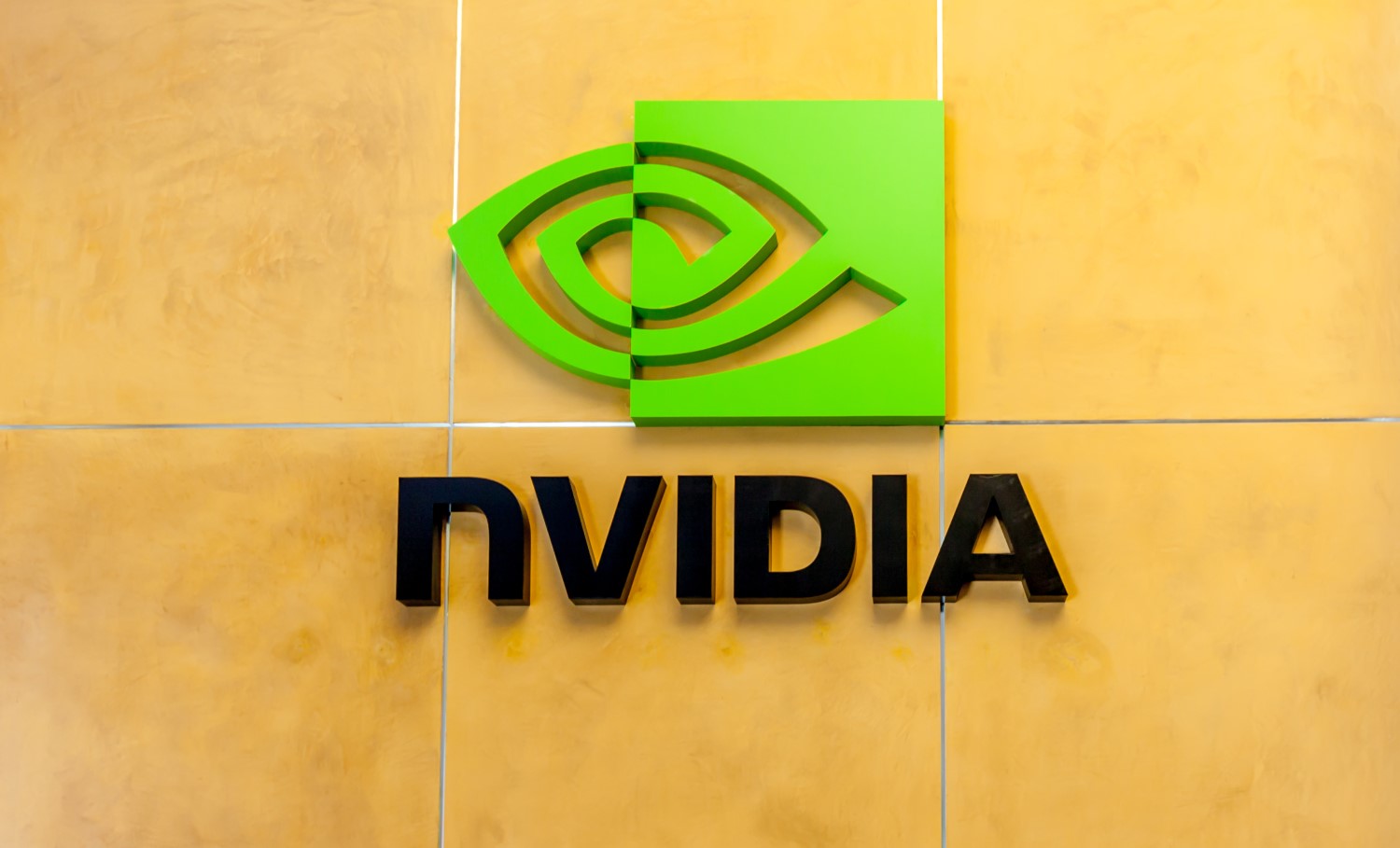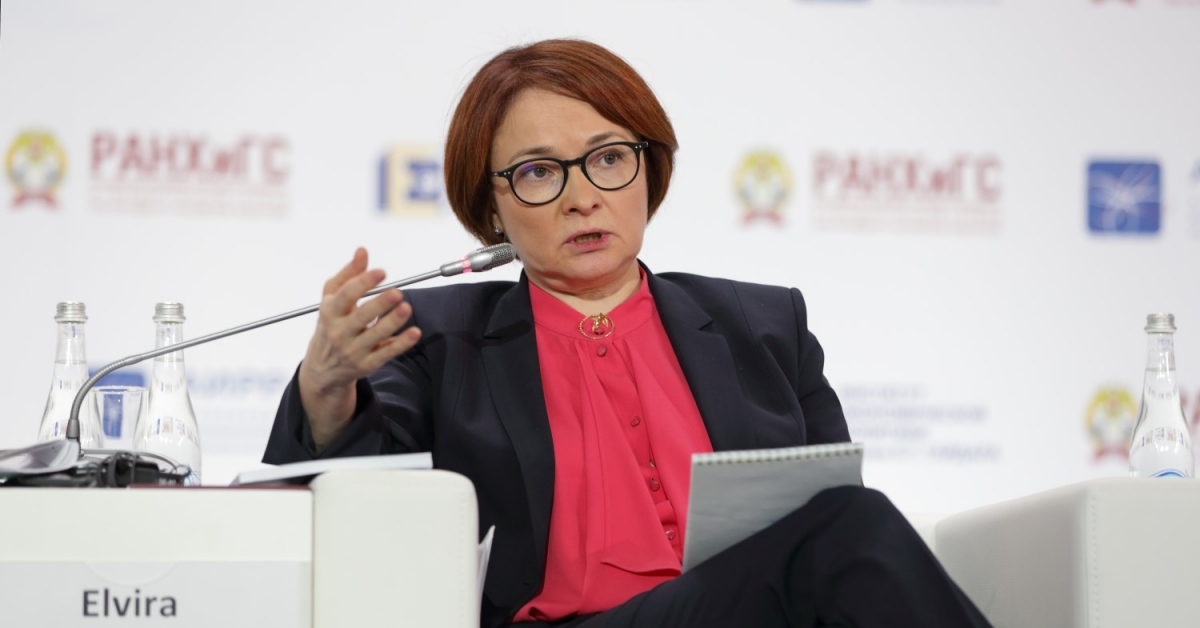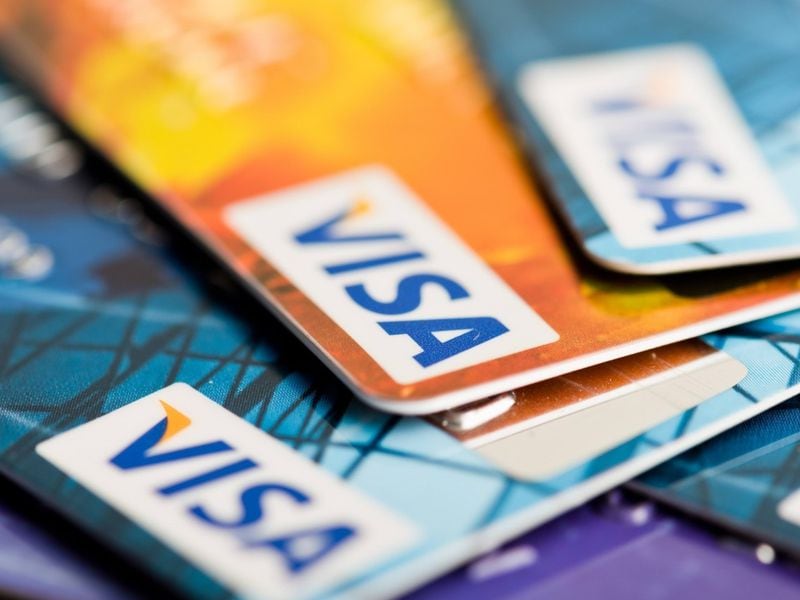Token Issuers Must Stop Paying for Market Making

Eric Gravengaard is the co-founder of several digital currency businesses including Athena Bitcoin and Red Leaf Advisors.
———
I have spent much of my career in financial services working for Chicago’s proprietary trading firms which act as market makers on the derivatives exchanges. These firms are responsible for providing prices to the derivatives exchanges (CBOT, CME, CBOE) for options contracts, futures, etc. and are an important part of an orderly marketplace.
In this post, I will discuss both the function and role of a market maker, the rules that govern market makers in the United States at major exchanges, and how that should guide exchange rules for crypto assets including ICOs and STOs.
Making a market orderly
The goal of any exchange is to create an orderly market for assets, whether they be stocks, futures, options or anything else that can be traded.
Orderly is defined as having a balance between buyers and sellers that deal in an equitable manner at prices that are roughly equal to fair value. One way exchanges create orderly markets is by selecting or permitting market makers who have both an obligation to provide quotations and in return receive special access.
In general, market makers are obligated to provide a quotation, prices to buy or sell an asset, at all times when the market is open. Exchanges can then guarantee to customers that they can trade at a reasonable price at all times. Markets without market makers can be functional and orderly, but there are no guarantees that a customer will always be able to trade a reasonable amount for a reasonable price, unless someone is obligated to provide such a quotation.
To make a market, a trader must have a sense of what the fair value is for an asset. For example, if Stock AAA last traded at 10.00 and was relatively liquid I might make a market 9.95/10.05 — I would be willing to buy a share of AAA for 9.95, or sell a share of AAA for 10.05. In the fast-paced world of listed stock trading, that market is far too wide, but perhaps not if AAA only trades once or twice a day.
There is nothing to say that a customer must trade with the market maker; they could send a limit-order to buy 100 shares of AAA for 10.01.
In that case, the market maker is in competition with other market participants to trade the difference is that market maker may have an obligation to send prices at all times, where the lone trader does not have such obligations.
Obligations?
I’ve used the word obligation several times to describe the duty of a market maker. Each exchange may have different rules for market makers and participants.
At the CBOE, Rule 8.7 (Obligations of Market-Makers) describes the many obligations of participants in their market making program including 8.7(b)(iv):
“To price options contracts fairly by, among other things, bidding and/or offering in accordance with the bid/ask differential requirements determined by the Exchange on a class by class basis.” And Rule 8.7(d)(ii)(B) states that “A Market Maker will be required to maintain continuous electronic quotes […] in 60% of the […] options series of the Market-Maker’s appointed classes…”
Those are just some of the obligations that the CBOE places on participants in their market making program, the entire rule delves more deeply into the nuances of the hybrid floor/electronic model and the specifics of the products that are traded on the options exchange, but the general model is that market makers help the exchange to create a fair and orderly market.
The market for token
Recently, I and some of the companies I am associated with have been approached by token issuers, token technology providers, and token exchanges to make markets for tokens. In general, we could probably provide a quotation and contribute to an orderly marketplace for these tokens.
There are many reasons why we might not be able to create an orderly marketplace, but that is probably best left for another article. In most of these offers, we are to be compensated for operating as a market-maker by either the exchange or the token issuer. And in this case, I am speaking of both tokens that were issued explicitly as securities in an STO and also utility tokens that were sold in an ICO. We have never said yes to these offers.
Why can’t we say yes to making a market and being paid for providing such a service? Our response generally comes down to two problems.
The first is ethics, it is a conflict of interest to be paid by the issuer of a security or other asset and also be responsible for making a fair quotation that respects a true balance between supply and demand. Could a quotation be skewed by a profit motive other than dealing around fair value? That is not a position we wish be in or an ethical dilemma we need to invite upon ourselves.
The second reason we have not entered into pay-for-market-making arrangements is that it is explicitly against the rules that govern the securities industry. FINRA, the Financial Industry Regulatory Authority, a self-regulatory organization that many/most broker-dealers are members of, specifically prohibits this behavior in Rule 5250 (reprinted below):
FINRA Rule 5250
(a) No member or person associated with a member shall accept any payment or other consideration, directly or indirectly, from an issuer of a security, or any affiliate or promoter thereof, for publishing a quotation, acting as market maker in a security, or submitting an application in connection therewith.
(b) The provisions of paragraph (a) shall not preclude a member from accepting:
(1) payment for bona fide services, including, but not limited to, investment banking services (including underwriting compensation and fees);
(2) reimbursement of any payment for registration imposed by the SEC or state regulatory authorities and for listing of an issue of securities imposed by a self-regulatory organization; and
(3) any payment expressly provided for under the rules of a national securities exchange that are effective after being filed with, or filed with and approved by, the SEC pursuant to the requirements of the Exchange Act.
(c) For purposes of this Rule, the following terms shall have the stated meanings:
(1) “affiliate” shall have the same definition as used in Rule 5121;
(2) “promoter” means any person who founded or organized the business or enterprise of an issuer, is a director or employee of an issuer, acts or has acted as a consultant, advisor, accountant or attorney to an issuer, is the beneficial owner of any of an issuer’s securities that are considered “restricted securities” under Securities Act Rule 144, or is the beneficial owner of five percent (5%) or more of the public float of any class of an issuer’s securities, and any other person with a similar interest in promoting the entry of quotations or market making in an issuer’s securities; and
(3) “quotation” shall mean any bid or offer at a specified price with respect to a security, or any indication of interest by a member in receiving bids or offers from others for a security, or an indication by a member that it wishes to advertise its general interest in buying or selling a particular security.
This is very clear guidance that broker-dealers, associates and affiliates of broker-dealers, or generally any registered persons should not be compensated by “promoters” of securities, whether tokenized or not. We take this rule very seriously and we believe the rest of the STO/ICO market should as well. I fully understand that many firms, be they hedge funds or individuals, are not members of FINRA and do not have to comply with this rule, however, the rule exists for good reason and helps to create a fair and orderly market.
Have ICOs paid for market making in the past? Yes. I have heard from many people that such deals have been struck in the wild days of 2017 and 2018. I think that needs to stop immediately. How can the public trust prices if some of the market participants are being compensated for trading? Are there undisclosed bonuses being paid if the price stays above a certain level?
I originally titled this post “Market Making as a Service” because that was the title of an email I received recently by someone in the STO market, who was suggesting that my firm start offering a service to token issuers and that he could arrange for such contracts. Many of the early crypto traders did not come from traditional financial services backgrounds, and I recognize that the Chicago market-making community is but a small piece of the entire financial services world.
However, it is time that the crypto-world began to adopt some of the best practices of the traditional public securities exchanges, and that includes basic rules of ethics, fair dealing, and orderly markets. And that starts with ending the practice of issuers or promoters paying for market making.
Why can’t anybody act as a market maker?
So why can’t a customer or hedge fund or generally savvy trader act as a market maker?
This again gets to the rules of the exchange. Remember, exchanges want to have orderly markets with fair prices. So they regulate who can and cannot act as a market maker. Most US exchanges have rules that are similar to CBOE Rule 6.8, which is titled “Prohibition Against Customers Functioning as Market-Makers” and I think makes it pretty clear that on their exchange not just anyone can enter two-sided quotations:
CBOE Rule 6.8
Prohibition Against Customers Functioning as Market-Makers
(a) TPH organizations may neither enter nor permit the entry of priority customer orders into the Hybrid System if (1) the orders are limit orders for the account or accounts of the same beneficial owner(s) and (2) the limit orders are entered in such a manner that the beneficial owner(s) effectively is operating as a market maker by holding itself out as willing to buy and sell such securities on a regular or continuous basis.
(b) In determining whether a beneficial owner effectively is operating as a market maker, the Exchange will consider, among other things, the simultaneous or near simultaneous entry of limit orders to buy and sell the same security and the entry of multiple limit orders at different prices in the same security.
Envelope image via Shutterstock.










